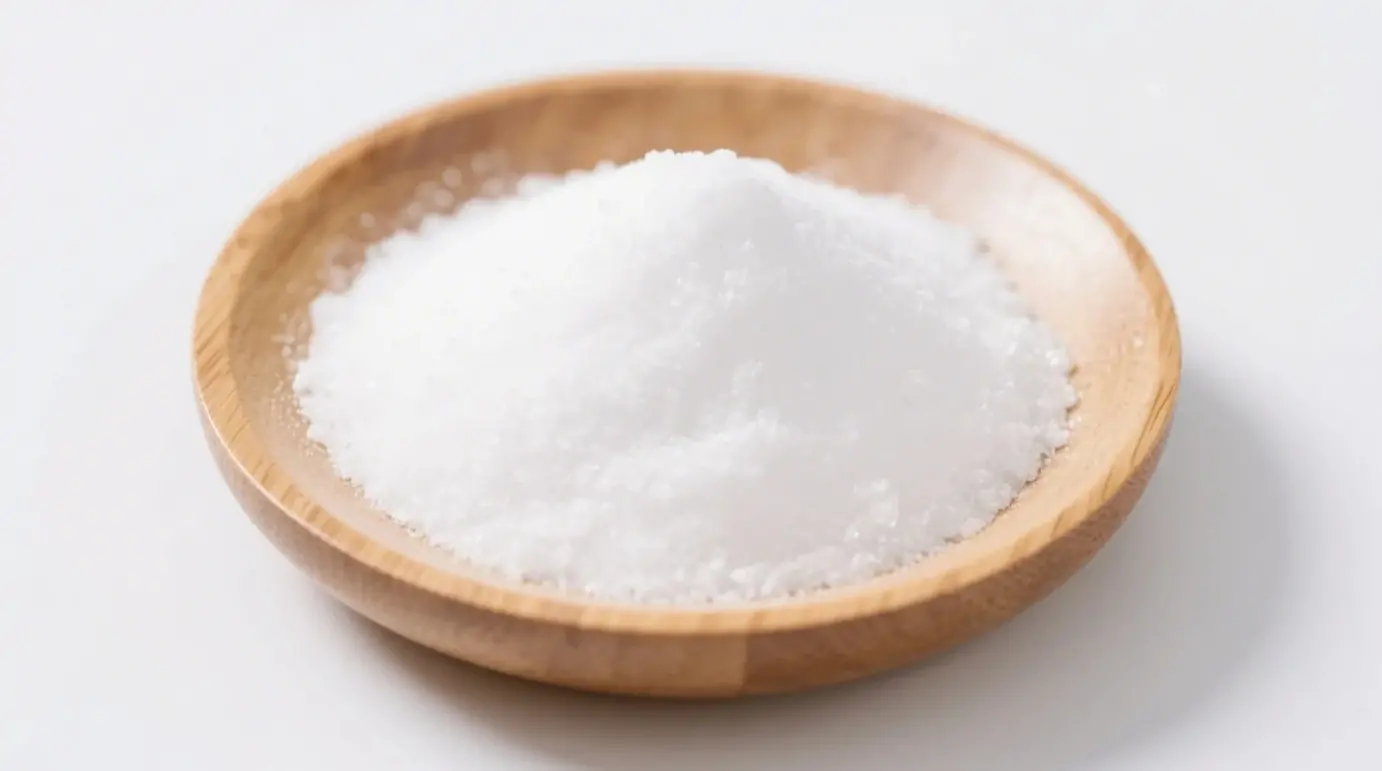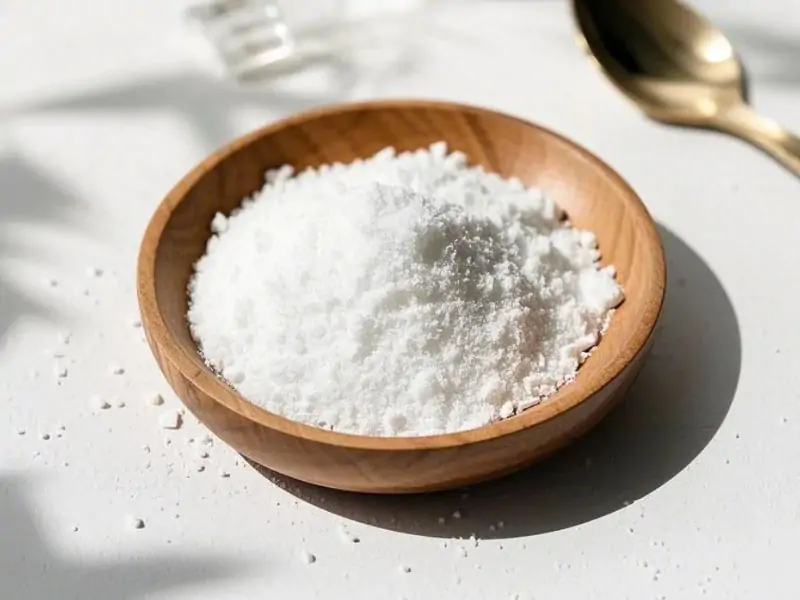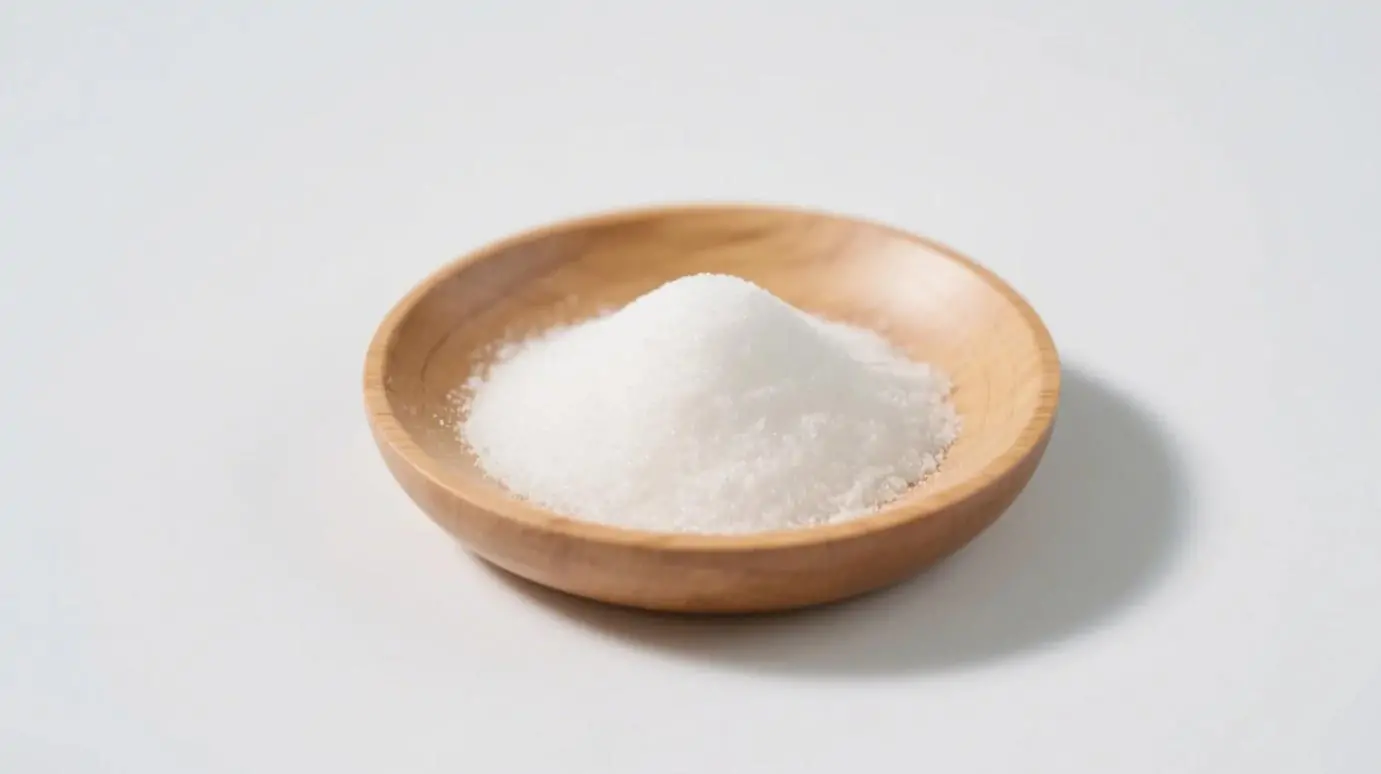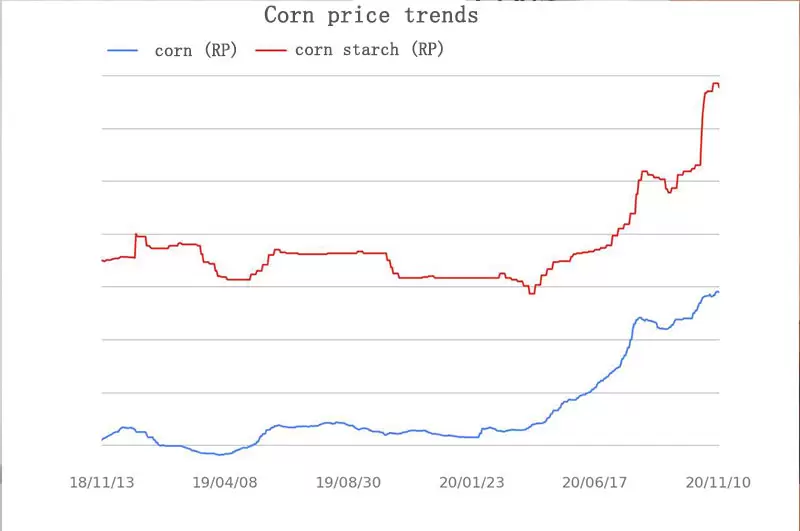In the booming market for low-calorie and sugar-free alternatives, organic allulose and organic erythritol frequently emerge as top choices. Both are celebrated for their ability to deliver sweetness without the calories or glycemic impact of sugar, making them staples for health-conscious consumers and innovative food brands. However, despite their shared benefits, allulose and erythritol are distinct compounds with different characteristics and best uses.
If you’re wondering which one is right for your needs or your product, understanding their key differences is essential.
1. What They Are: Different Types of Sweeteners
- Organic Erythritol: Erythritol is a sugar alcohol (polyol) that occurs naturally in some fruits and fermented foods. Commercially, organic erythritol is produced through the fermentation of a sugar source (like glucose derived from organic corn or wheat). It’s unique among sugar alcohols because it’s almost entirely absorbed in the small intestine and then excreted, with very little reaching the large intestine, minimizing digestive discomfort.
- Organic Allulose: Allulose is a “rare sugar” or monosaccharide (simple sugar) that naturally exists in small quantities in wheat, figs, raisins, and jackfruit. While it’s a sugar, its unique molecular structure prevents it from being metabolized for energy by the human body.
2. Sweetness Level & Taste Profile
This is a key area of distinction that impacts their application:
- Organic Erythritol:
- Provides about 70% of the sweetness of sugar.
- Has a clean, mild sweetness with virtually no aftertaste.
- Often creates a “cooling” sensation in the mouth, particularly noticeable at higher concentrations (e.g., in confections or frostings).
- Organic Allulose:
- Provides about 70% of the sweetness of sugar (similar to erythritol).
- Offers a remarkably clean, sugar-like taste profile with no cooling sensation or off-notes. Its taste is considered by many to be the closest to sucrose.
3. Caloric Content & Glycemic Impact
Both are excellent for low-calorie and low-glycemic diets, but their mechanisms differ:
- Organic Erythritol:
- Contains virtually 0 calories per gram (officially listed as 0.2 kcal/g in the US for labeling purposes, due to its minimal absorption).
- Has a glycemic index (GI) of 0, meaning it has no impact on blood sugar or insulin levels.
- Organic Allulose:
- Contains extremely low calories, about 0.4 calories per gram (one-tenth the calories of sugar).
- Has a negligible glycemic impact, also causing no significant rise in blood sugar or insulin levels.
4. Digestibility & Gastrointestinal Comfort
This is a major selling point for both compared to other sugar alcohols:
- Organic Erythritol:
- Organic Allulose:
- Also very well-tolerated. It passes through the digestive system largely unabsorbed and is excreted, with minimal fermentation in the gut, leading to very low risk of digestive issues.
5. Functional Properties in Food Formulations
Their molecular structures give them different behaviors in food:
- Organic Erythritol:
- Excellent for bulking in powdered products.
- Does not brown like sugar, which can be a limitation in baked goods if a golden crust is desired.
- Can crystallize easily, making it prone to recrystallization in certain liquid or high-concentration applications.
- Contributes to the “cooling” sensation.
- Organic Allulose:
- Provides bulking similar to sugar.
- Browns like sugar in baking (Maillard reaction), which is a significant advantage for baked goods.
- Has excellent solubility and resists crystallization well, making it ideal for syrups, sauces, and confections.
- Contributes to a smooth mouthfeel and body in liquids.
Which One is “Better”?
There’s no single “better” sweetener; it depends on your specific needs:
- Choose Organic Erythritol when:
- You need zero calories and absolutely no glycemic impact.
- The “cooling” sensation is acceptable or even desired.
- You’re formulating powdered products or want a non-browning sweetener.
- Digestive tolerance is a top priority among sugar alcohols.
- Choose Organic Allulose when:
- You want the closest taste and functional properties to sugar, including browning, viscosity, and non-crystallization.
- A completely neutral taste profile without any cooling effect is crucial.
- You need a versatile sweetener for both liquid (syrup) and dry (powder) applications.
- You prioritize excellent digestive tolerance.
Both organic allulose and organic erythritol are excellent choices for reducing sugar content while maintaining great taste and supporting health goals. Their organic certification further assures purity and non-GMO sourcing. By understanding their distinct attributes, you can strategically choose the ideal low-calorie sweetener to perfect your next product or meal.
Which organic sweetener best fits your needs?
Related Products
Organic Xylitol
Natural Sugar Alcohol for Tooth-Friendly, Low-Glycemic Formulations
Organic Allulose Sweetener
Zero-Calorie, Natural Sweetener for Clean-Label Food, Beverage & Keto Formulations
Organic Erythritol Powder
Clean-Label Sugar Substitute for Food, Beverage, and Keto Products




